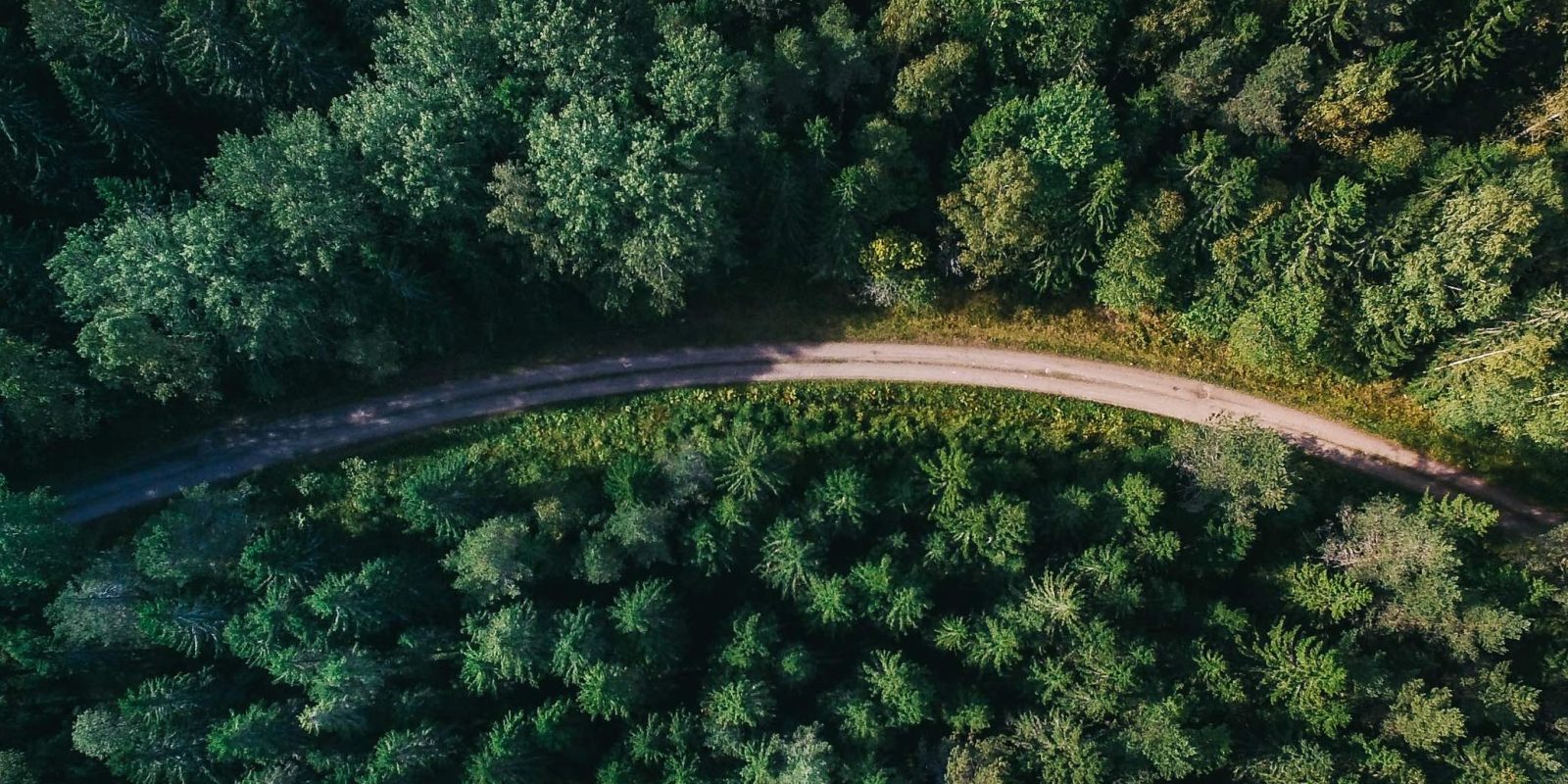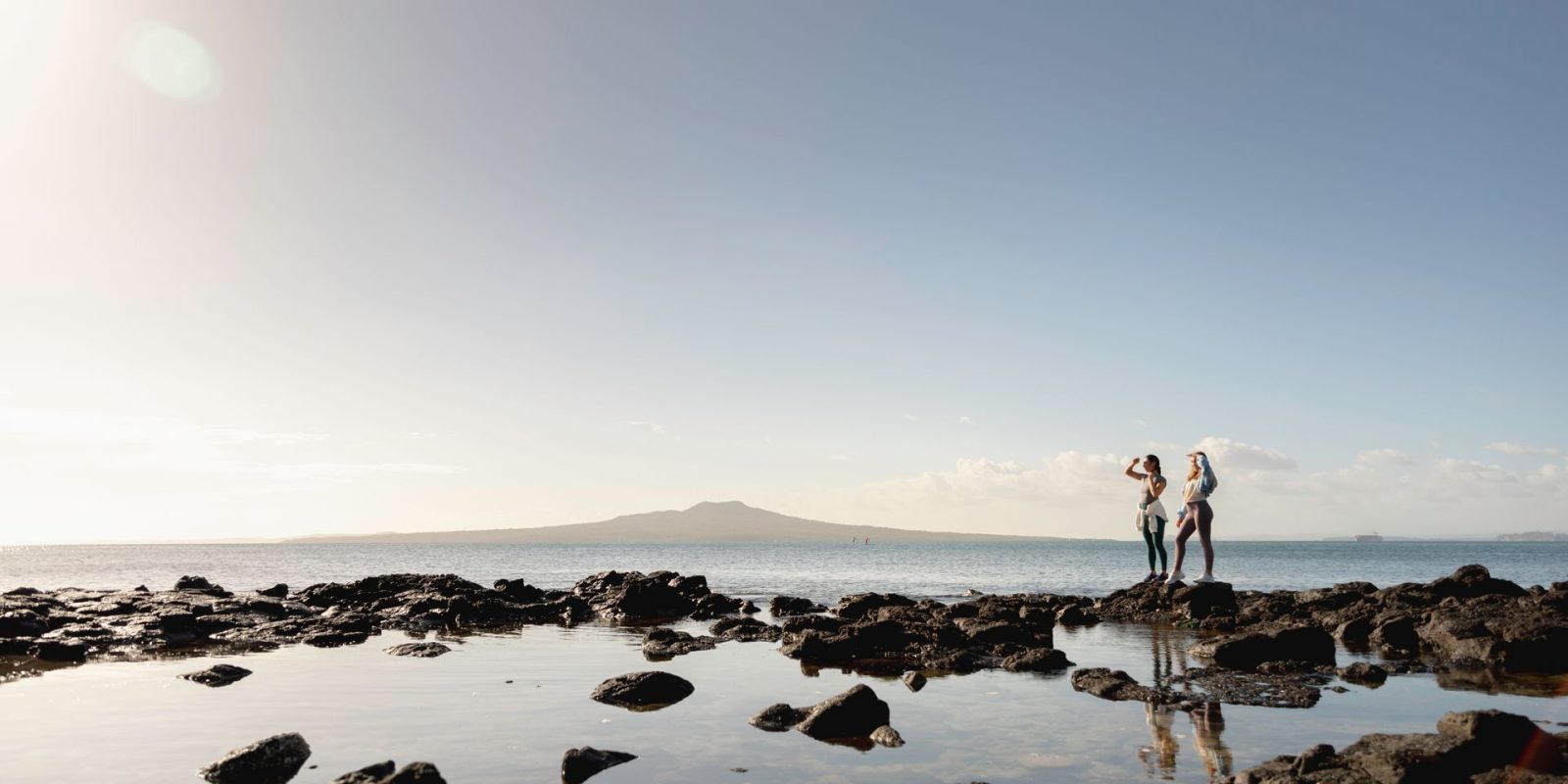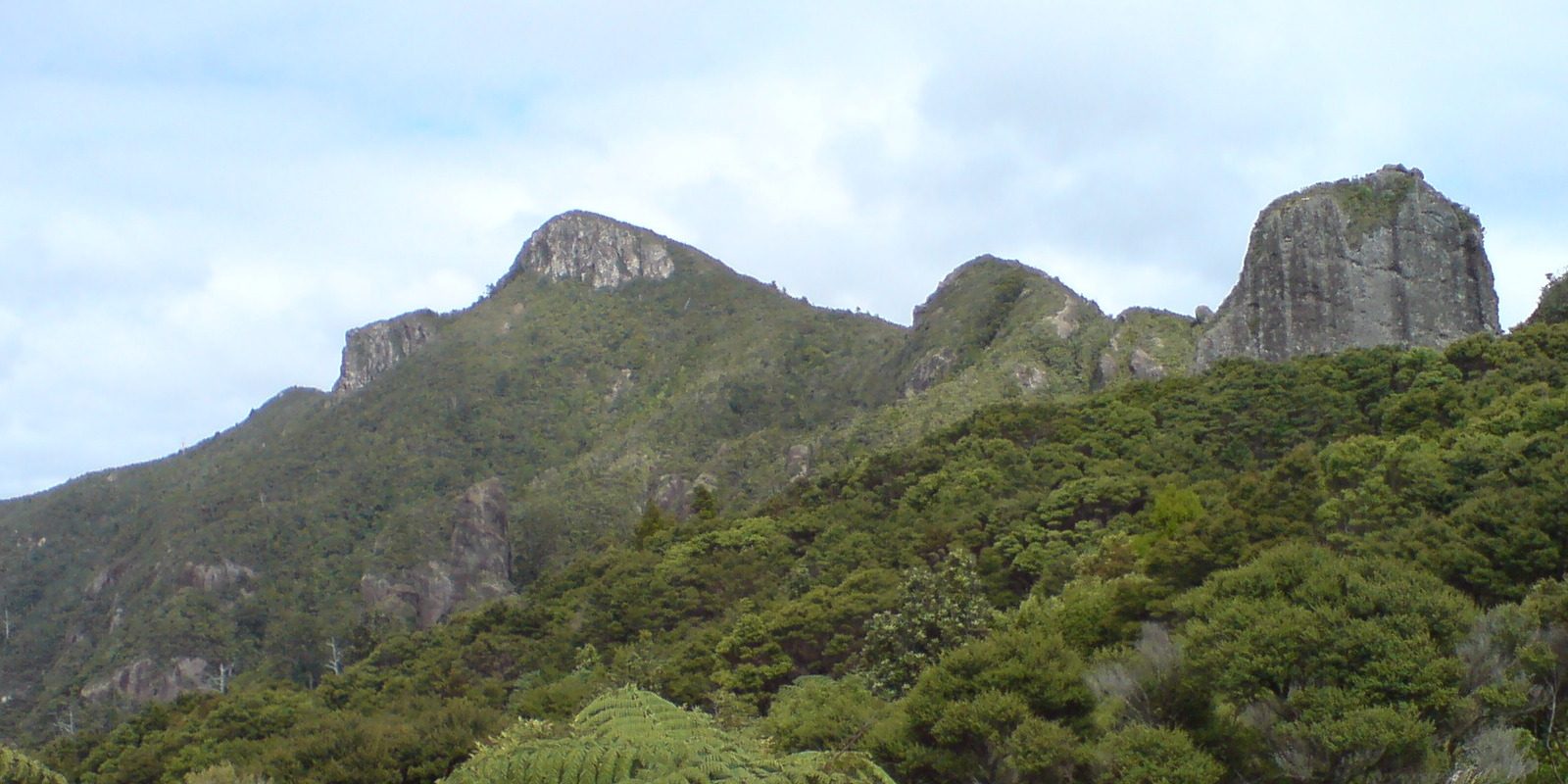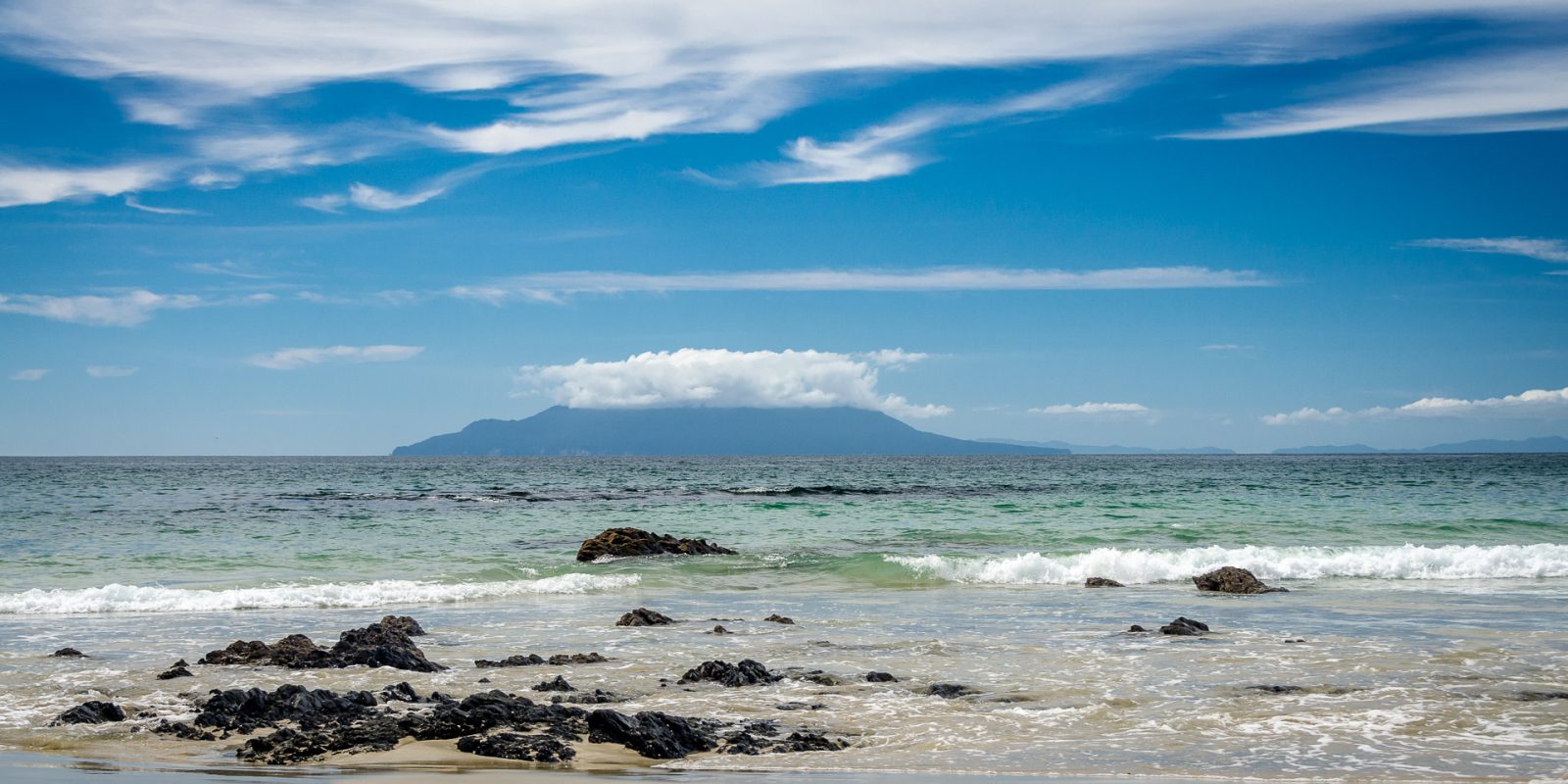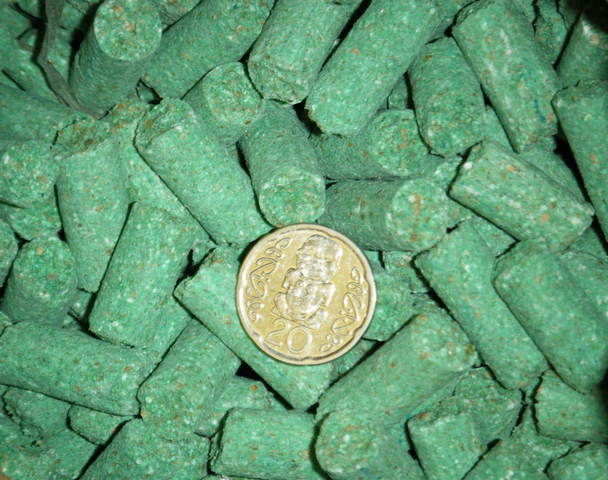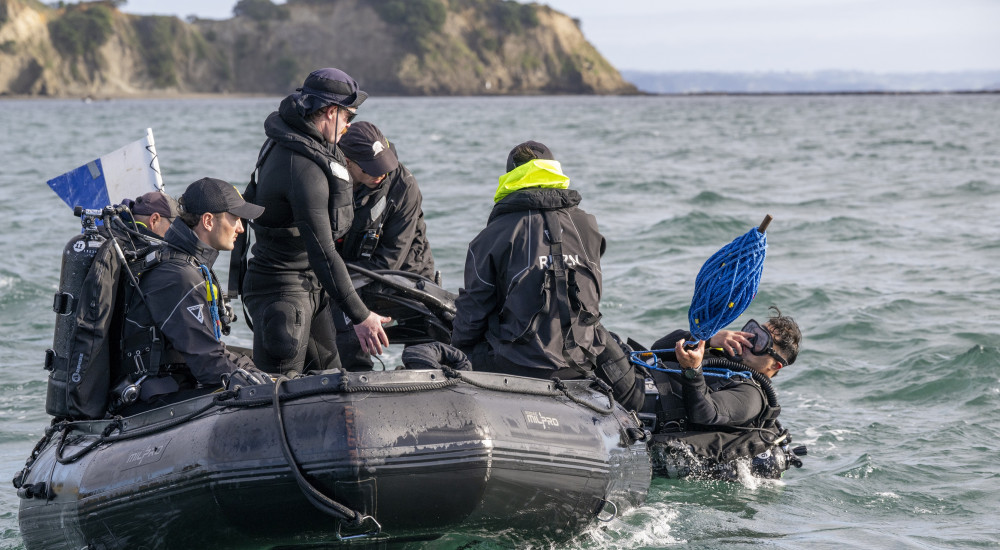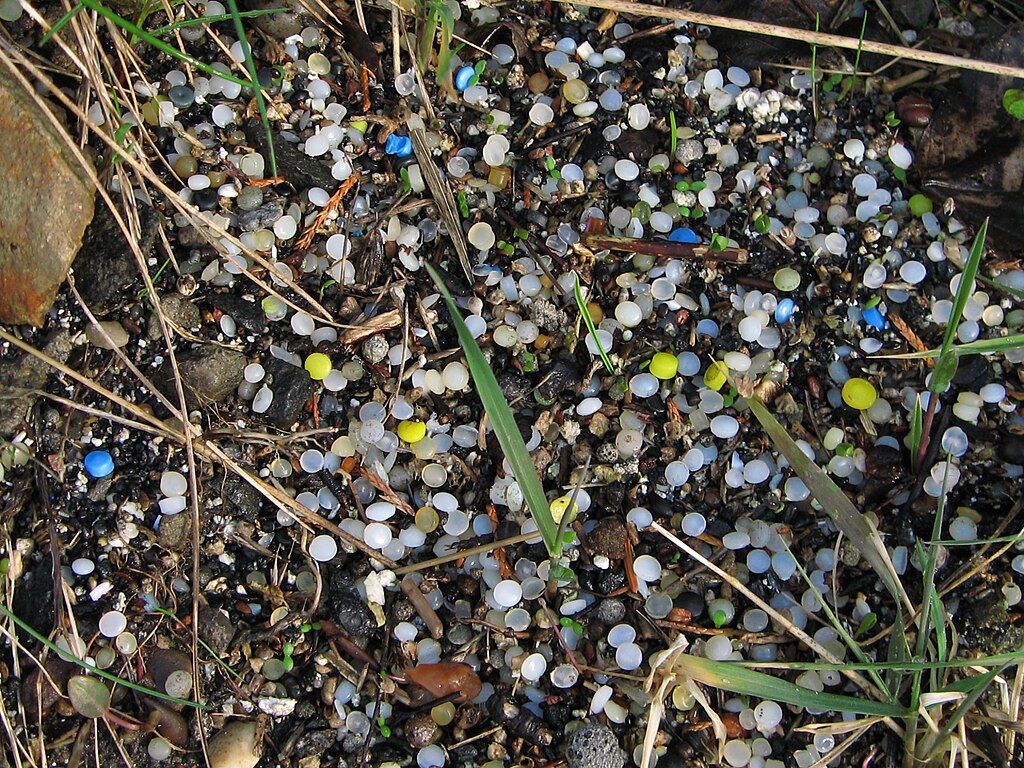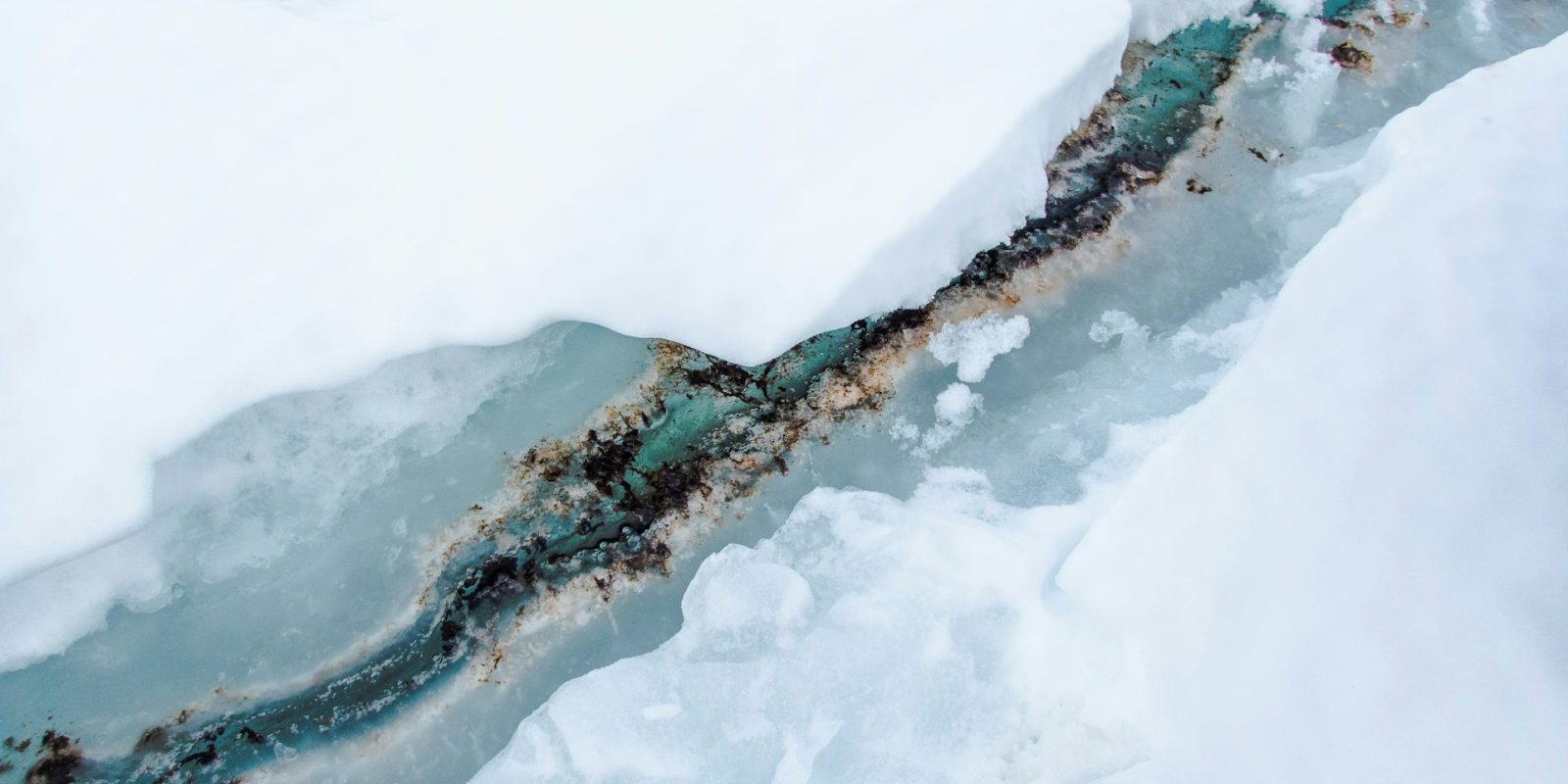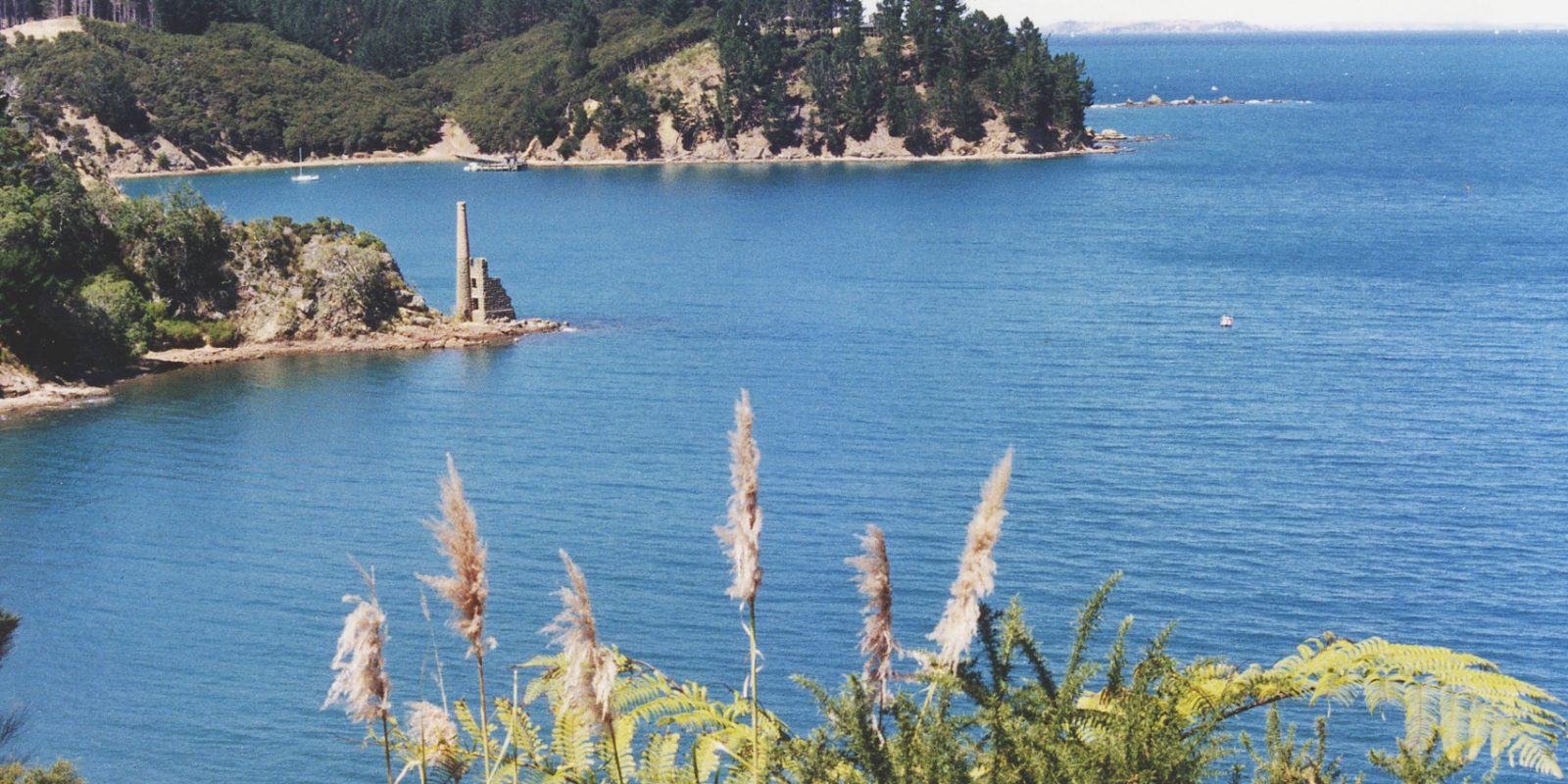What will happen to the legal status of ‘sinking’ island nations when their land is gone?
By Avidan Kent, University of East Anglia and Zana Syla, University of East Anglia Small island nations such as Tuvalu, Kiribati, the Maldives and Marshall Islands are particularly vulnerable to climate change. Rising seas, stronger storms, freshwater shortages and damaged…



